UBS Monocle
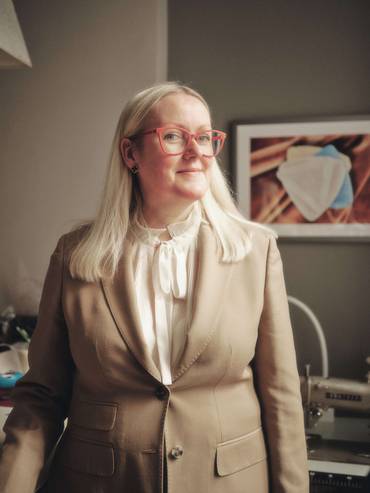

The Craft of Tailoring
2/4
Ways of seeing
Whether you’re a carpenter with traditional skills or a city worker utilising the latest technologies, craft – in its purest form – is a drive to deliver excellence. It begins with innovation and the ambition to build on what has gone before. It continues with customisation and a desire to full a client’s every need. And it concludes with precision and a meticulous approach to finishing touches. Subscribe to this professional worldview and you align yourself to a global community of experts across disciplines and borders.
Making the cut
Kathryn Sargent is the first woman to earn the title of “master tailor” on London’s Savile Row. In this interview, she shares her unique approach to blending contemporary techniques with elegant traditions. It is the second part of a series in which Monocle and UBS investigate how the notion of craft manifests in different industries. As an organisation committed to creating superior value for its clients through a combination of expertise and innovation, UBS is reimagining what’s possible in its field – much like Sargent’s refined cuts.
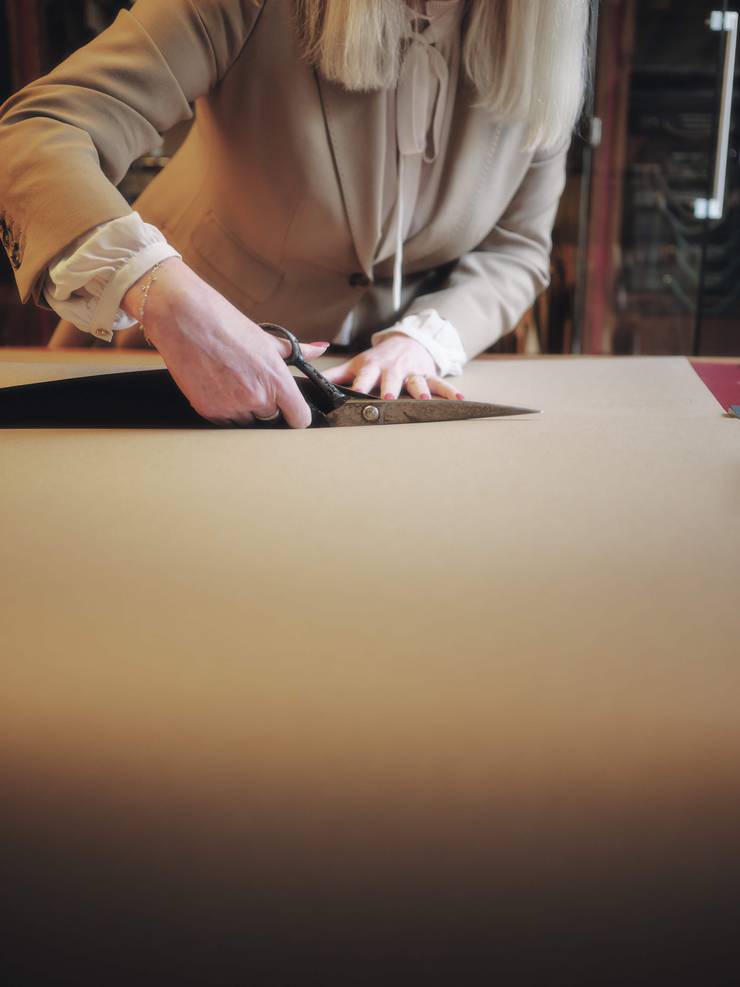
Paying it forward
Sargent tells us about the importance of education, sustainability and equipping the next generation with the tools that they need to produce with purpose.
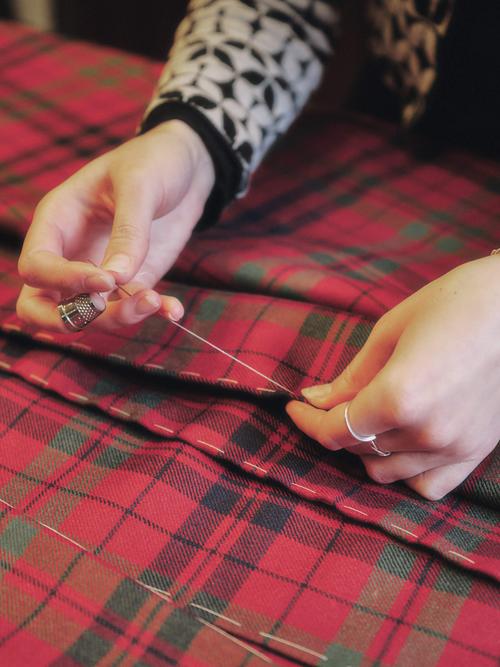
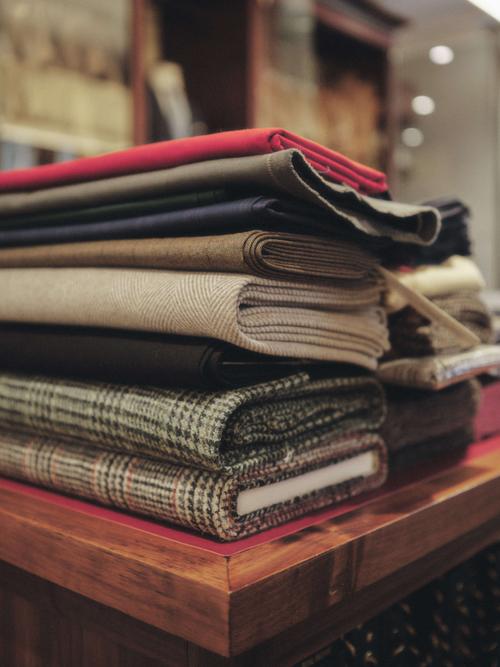
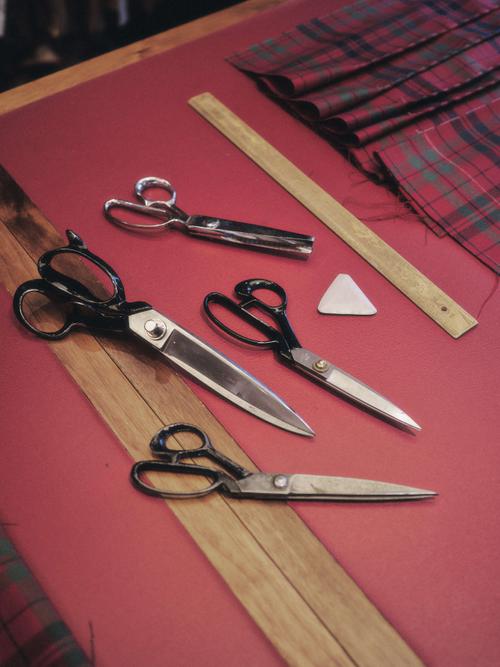
Why is it important to begin by learning the fundamentals of your craft?
You need a bedrock of skills. It gives you a base to build upon, without which your work won’t stand up. You won’t learn everything that you need to in a couple of years. I am still learning now and have been doing this for 26 years. There’s no shortcut to excellence.
How do you strike a balance between traditional methods and contemporary ideas?
We do traditional very well. In terms of etiquette of dress, I had traditional training on Savile Row. But styles have become more relaxed and that often comes out when I’m making pieces for women or for specic occasions. We might slightly adapt our methods for different cloths. But it ultimately comes down to the same thing: we want to make clothes that have longevity, with craft at their heart.
How crucial is sustainability?
Having something made for you that lasts 20 years or more is very sustainable. People are buying less and choosing higher-quality garments that endure. I’m increasingly seeing younger clients who might not have thought about bespoke before but are now drawn to it because sustainability is so important to them.
You’ve built a young team. Is the transference of craft down the generations a goal for you?
Absolutely. It’s not just me here: there’s a team. The Savile Row Bespoke Association has a training programme and accreditation scheme. We have put two members of our team through this. Savile Row recognises that we’re producing people with the skills and quality to make things in a way that meets standards and benchmarks. We strive for that.
You’ve accomplished so much in your career to date. Do you feel that there’s still more to achieve?
I always need to move forwards. We recently opened our Edinburgh location; making it successful is the next thing. I have been learning a lot about tartan since we moved to Scotland so I’m still acquiring new skills. I want the next 20 years of my career to remain enriching. It’s not a case of “What can I do next?” It’s a case of wanting to get up every day and love what I do.
© UBS 2023. All rights reserved.
Disclaimer: Kathryn Sargent is not affiliated with UBS AG.

